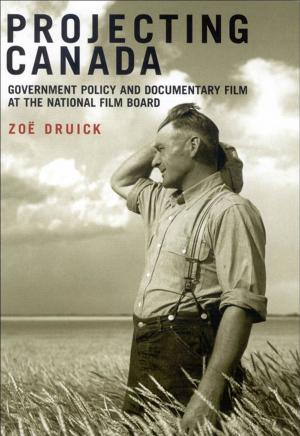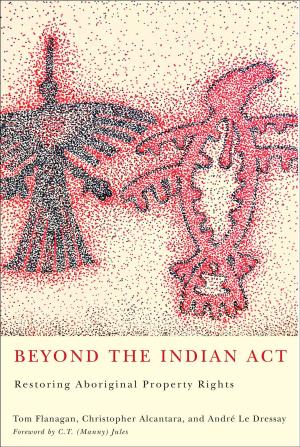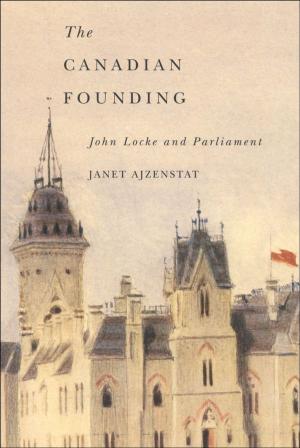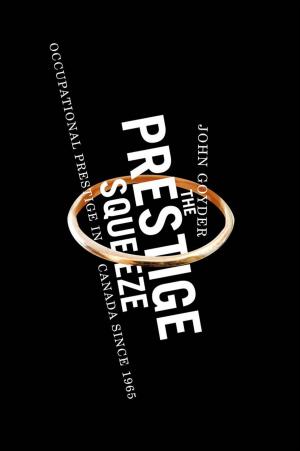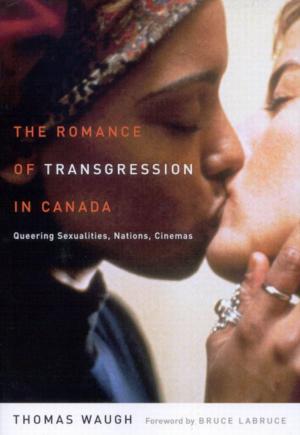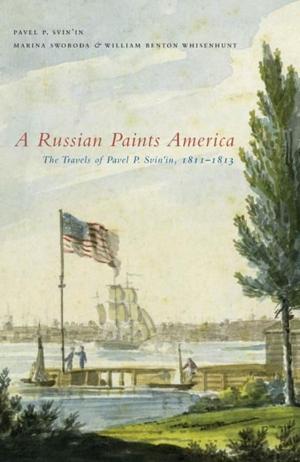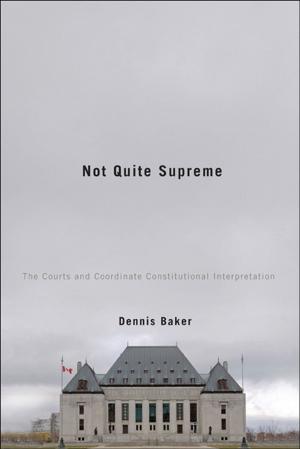| Author: | R.T. Naylor | ISBN: | 9780773583610 |
| Publisher: | McGill-Queen's University Press | Publication: | July 10, 2006 |
| Imprint: | Language: | English |
| Author: | R.T. Naylor |
| ISBN: | 9780773583610 |
| Publisher: | McGill-Queen's University Press |
| Publication: | July 10, 2006 |
| Imprint: | |
| Language: | English |
When Canada in the European Age 1453-1919 was first published it reversed traditional methodology by placing Canada's evolution in the context of the rise and fall of empires around the world not just in the Americas. R.T. Naylor contends that the struggle for property (and political) rights in early nineteenth-century Newfoundland is incomprehensible without an understanding of events as distinct as the Afro-American slave trade or the Napoleonic Wars; the opening of the natural resource frontier of British Columbia makes sense only if seen as another manifestation of the same historical forces that fired the opening shots in the Opium wars in China; and the fate of Canada's native peoples may have been different in form but not in essence from that of the aboriginal inhabitants on almost every continent.
When Canada in the European Age 1453-1919 was first published it reversed traditional methodology by placing Canada's evolution in the context of the rise and fall of empires around the world not just in the Americas. R.T. Naylor contends that the struggle for property (and political) rights in early nineteenth-century Newfoundland is incomprehensible without an understanding of events as distinct as the Afro-American slave trade or the Napoleonic Wars; the opening of the natural resource frontier of British Columbia makes sense only if seen as another manifestation of the same historical forces that fired the opening shots in the Opium wars in China; and the fate of Canada's native peoples may have been different in form but not in essence from that of the aboriginal inhabitants on almost every continent.

